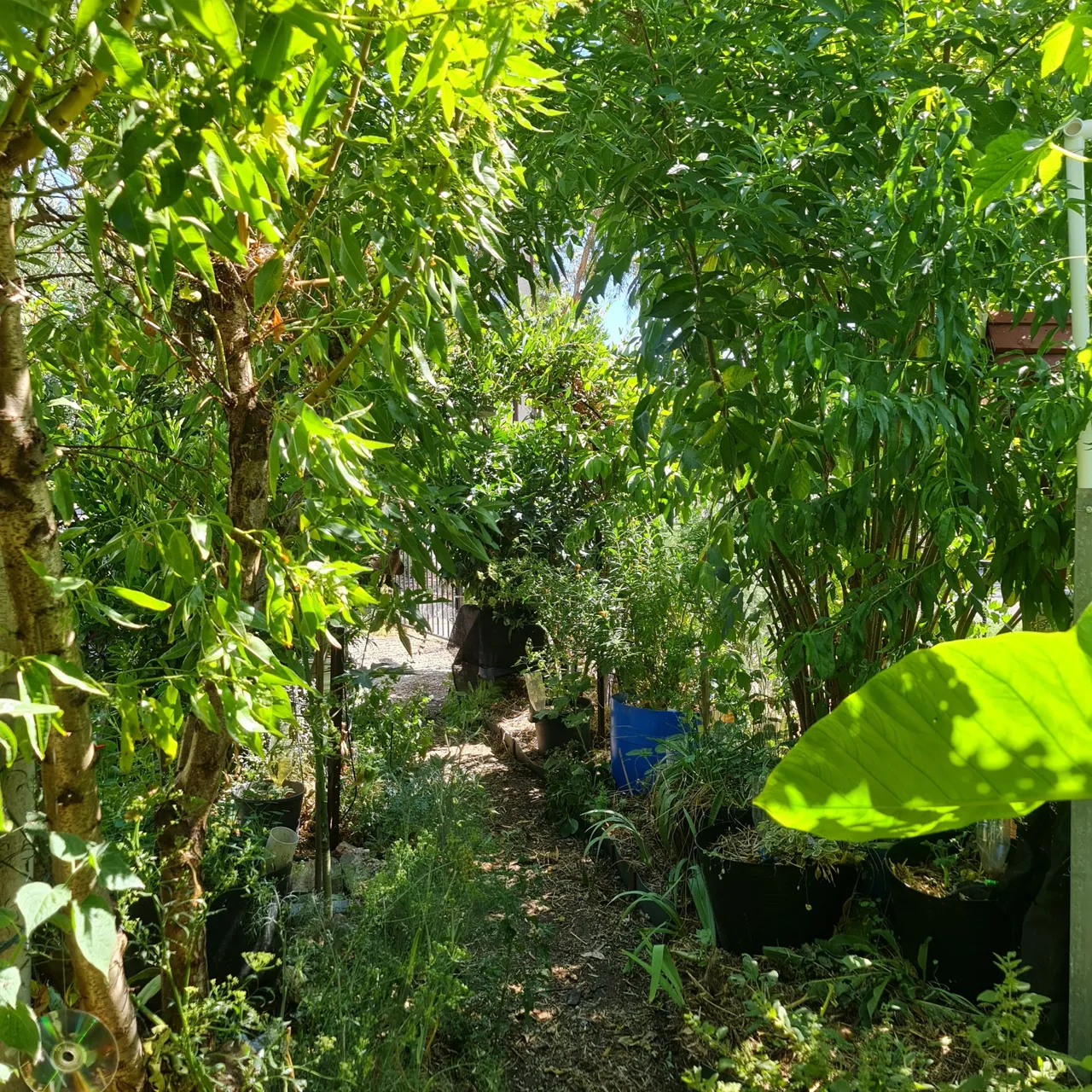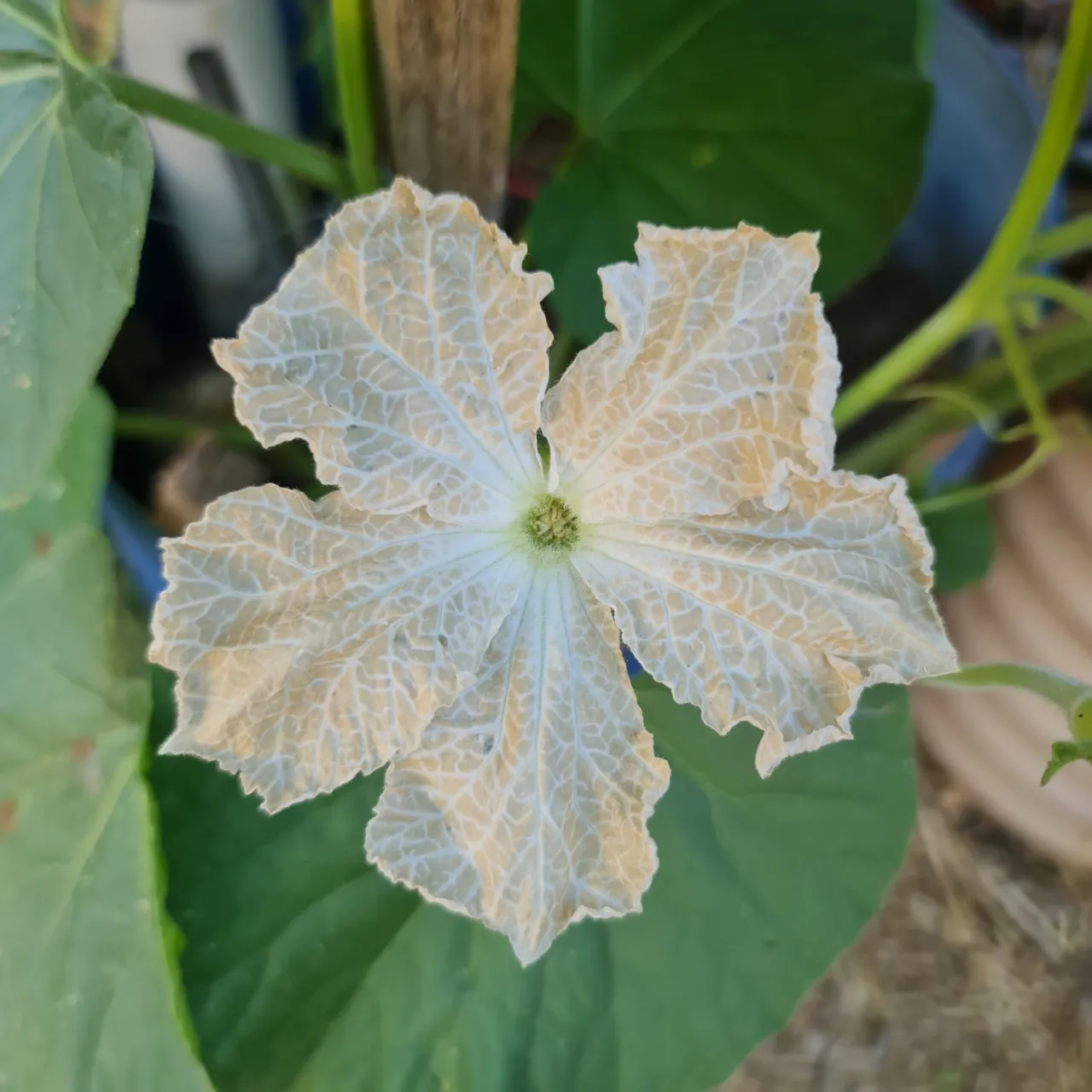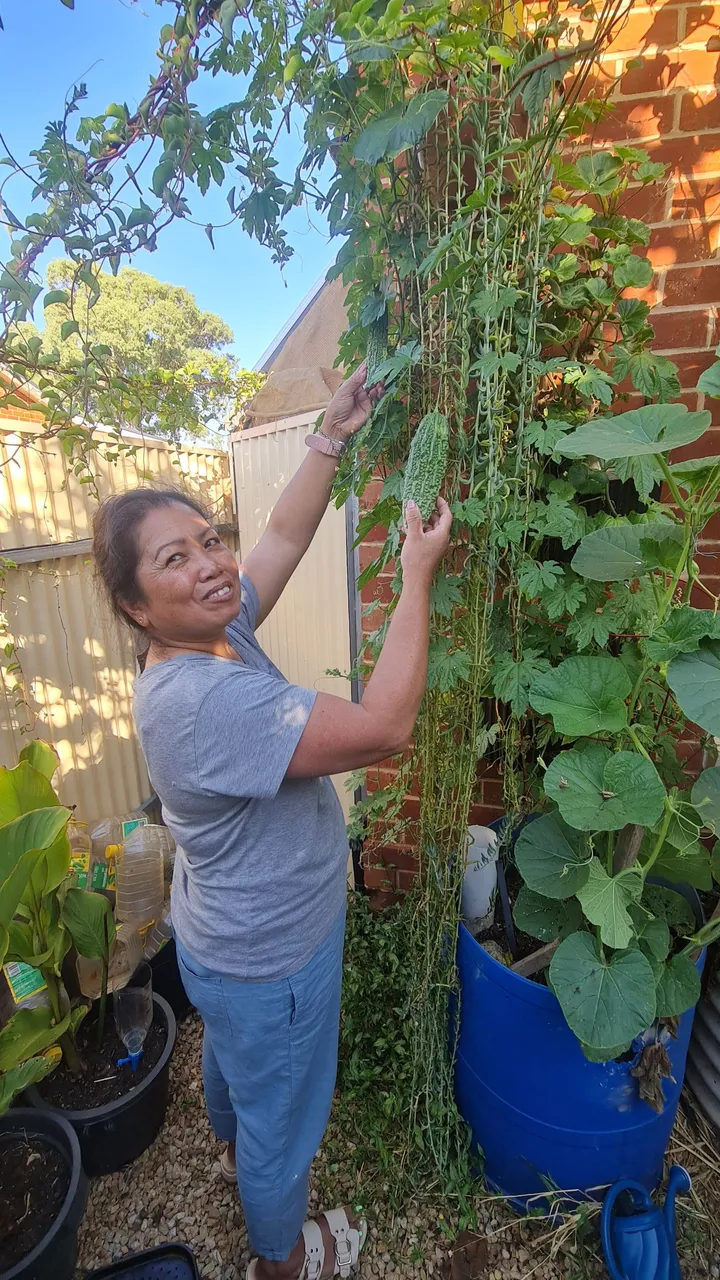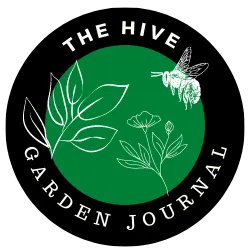
Here's some thoughts behind why I've changed to a, locally sourced, plant based diet and now eschew meat except on special occasions.
If you want to eat a lot of animal based foods, that's up to you. I'm not going to stop you or try to convince you any differently. If you raise, slaughter and process your own animals, good on you.
This little article is just about me, my reasons for swapping to a plant based diet.
My first thought is about resilience. In these weird times, we're less and less able to rely on the industrial food system to supply our basics
and we are less and less able to rely on government to ensure that supply. In these days of runaway capitalism, interruptions to the food supply benefit corporate growers and suppliers more than they inconvenience consumers. Growing a good deal of our own food is the answer to this and so many things. Despite the fact that the World Economic Forum and friends want to see food supply centralised, common sense, personal experience and even academic research point to the exact opposite. Growing food both at home and at a community level is, to me, the best option.
From the perspective of home growing, it is far easier and cheaper to grow vegetables and fruit at home than it is to raise livestock. There is faster turnover and less waste from growing most vegetables when compared to the animals that most people consume for meat. Hence my decision for me.

Growing food at home gives you more control over your diet. Within seasonal and geographic constraints, you can customise your diet to be what you need and what you like without the need to buy it from a store. Big stores stock products based on what profits them, not what local people need (though a small, family owned, local business that can do both). Back in the old days, demand drove supply but now, companies create the demand for their products via marketing, sometimes long before the product even exists.
If you need to buy anything from a supermarket, don't let me stop you. I still get things from our local supermarket from time to time.
Second, community…I've stopped viewing growing food at home as a separate thing but now view it as part of growing in our community.
Everyone who grows food at home adds to community resilience and sustainability. They may not be giving, swapping, selling or trading food now, but these behaviors come to the fore in times of trouble. Now that we now what we know, living a more sustainable lifestyle in a way that supports community rather than the individual is an ethical choice. Much of the ‘individualism’ that folks look to is, afterall, the product of decades of marketing.
Third - convenience. For most people, growing, slaughtering butchering animals at home (at least in an urban/suburban setting) is impossible. We have to rely on others to do it and often rely on supermarkets and capitalism. You can grow, swap, trade at least some, if not most of your own food at home or with your neighbours and maybe someone in the community has the resources to process meat. Because of all of the constraints of urban living, most home growers will opt to grow vegetables, as we did.
Fourth. Suffering. Yes, plants suffer too but if you're eating a lot of meat, plants are grown to feed animals and suffer anyway. The animals then suffer through their poor lives and cruel deaths then we suffer because of a diet that provides way too much poor quality food. We suffer because of the greenhouse gasses that industrial animal farming produces and we suffer from the inequalities created from the capitalist industrial method of farming. In this sense, a vegetarian diet is, for me, the preferred option.

The fifth reason is packaging. Most packaging is plastic and in its packaging form is good for only a single use. Some can be reused, some repurposed or recycled but not all of it at present. Growing your own food in your local community reduces the need for it. While plastic is commonly used for storage, good choices when selecting containers for packaging, storing and preserving your own food will result in those containers being used hundreds of times over many years. If you have a feature mind, you may also reuse commercial packing in an appropriate way many times over rather than consigning it to the recycling bin.
On a global scale in the fight against capitalism, we must consider that now that extractive fossil fuel companies are losing a big slice of their fuel market to public opinion and legislation turning against them, many of those companies are switching their efforts to plastic, especially single use plastic production. Plastics are made from fossil fuels, afterall.
Sixth - a plant based diet requires less energy to produce, harvest, store and supply the necessary food for me. A diet based mostly on plants that I grow in my community requires much less energy too.
I'm talking about a vegetarian diet based on the seasonal food from my own garden and the community around me, supplemented by other foods sopped in from a short distance.Once the sources of the food are industrialized, plant based diets can be as destructive and wasteful as meat based diets. This is especially true when one uses resources that are commercially grown far away, packaged in plastic and shipped to local stores. Veganism is a bit of an extreme stance but can be effective if the diet comes from local sources. Many of the dietary products I’ve seen marketed toward vegans are heavily processed and come very long distances beore they make it to supermarket shelves. If you want to be a vegan, don’t let me stop you, at least you are stepping up and taking a stance.
Commercial or industrial growing and capitalism in general have turned food into products, marketed them aggressively and created a huge waste stream. Approaching a plant based diet from that perspective has reduced its benefits to just another product range.
The final reason I’ll post about is fairness and equality. The decommodification of food is an essential step toward making the world a more equitable place.It is easier to contribute to that decommodification by growing and sharing plants than it is meat. Every little swap or trade, barter or gift that we make is contributing to decommodifying food and contributing to fairness and equality. Access to nutritious food should be a right, enshrined in law and custom. It is easier to do this with a plant based diet.
So, that’s my thinking. It all rings true to me. Maybe you’ll disagree with some of it and that’s OK too.





